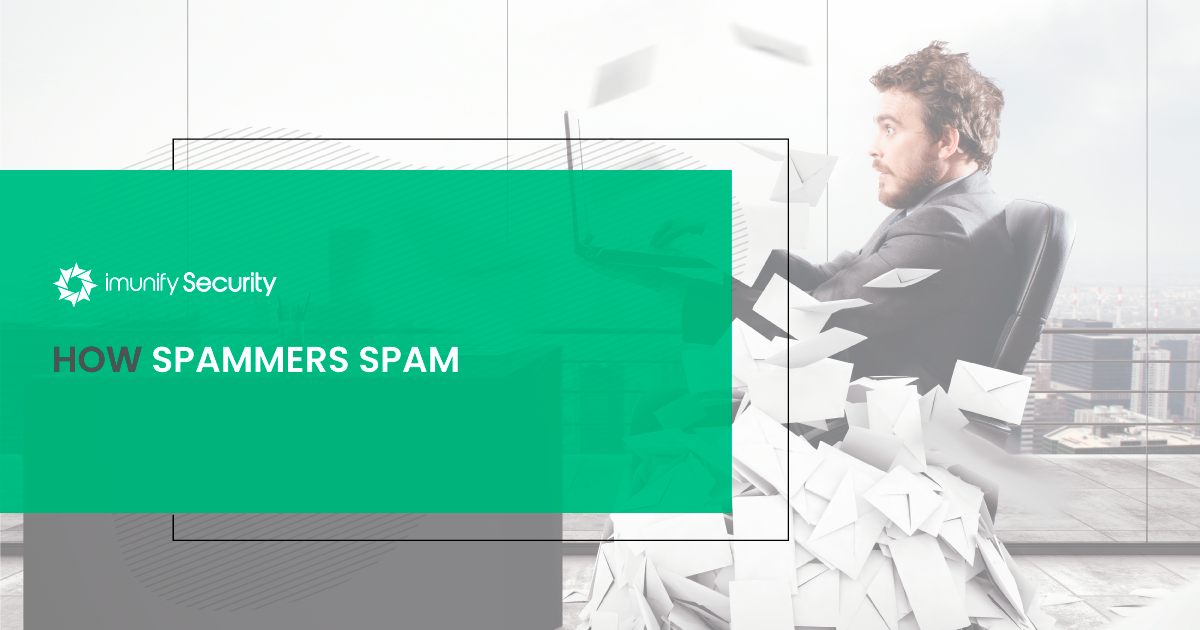
Twenty years on and spam is still a problem. I'll look at why that is and what we can do to reduce or prevent it.
Contrary to popular belief, hacking a site and uploading malicious scripts onto it is not the only way spamming gets a foothold. There are other ways. For example, it could be because of a compromised account, the use of script vulnerabilities, or an incorrectly configured mail server.
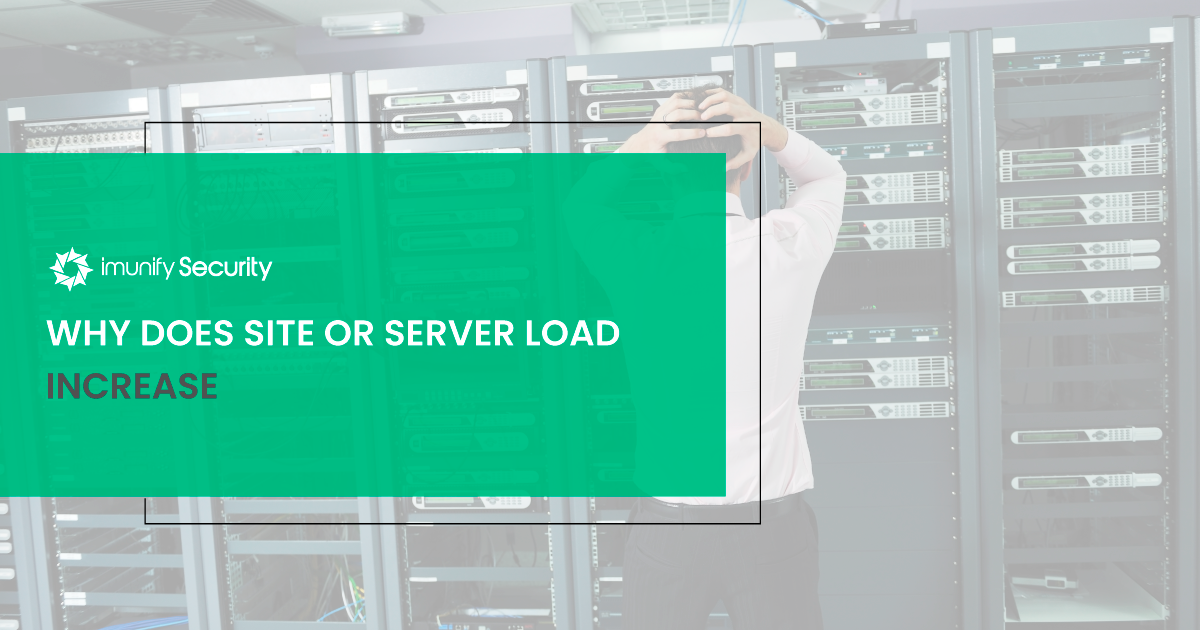
There's only one good reason why the load on your hosting server starts increasing–the rest are bad. I'll look at how and why they all happen.
I was often contacted by site owners who had a problem with high server load. This common condition is first noticed when an owner gets a warning message from their hosting company. Such messages can be precursors to the blocking of the site, and it can happen to almost any site owner or webmaster.
This article covers the different reasons why the load on a site or server might be increasing, and what can be done about it.
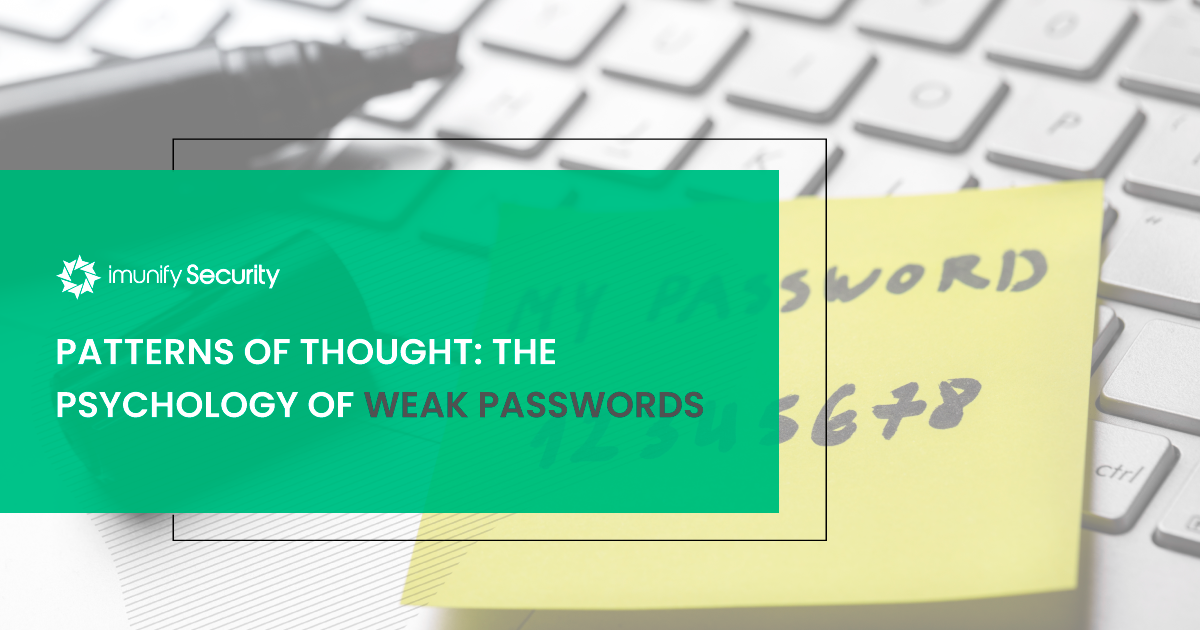
In this article, I look at why webmasters, site administrators and their users choose and use weak passwords. Later, I recommend ways to create passwords that are reliable and resistant to brute-force attacks.
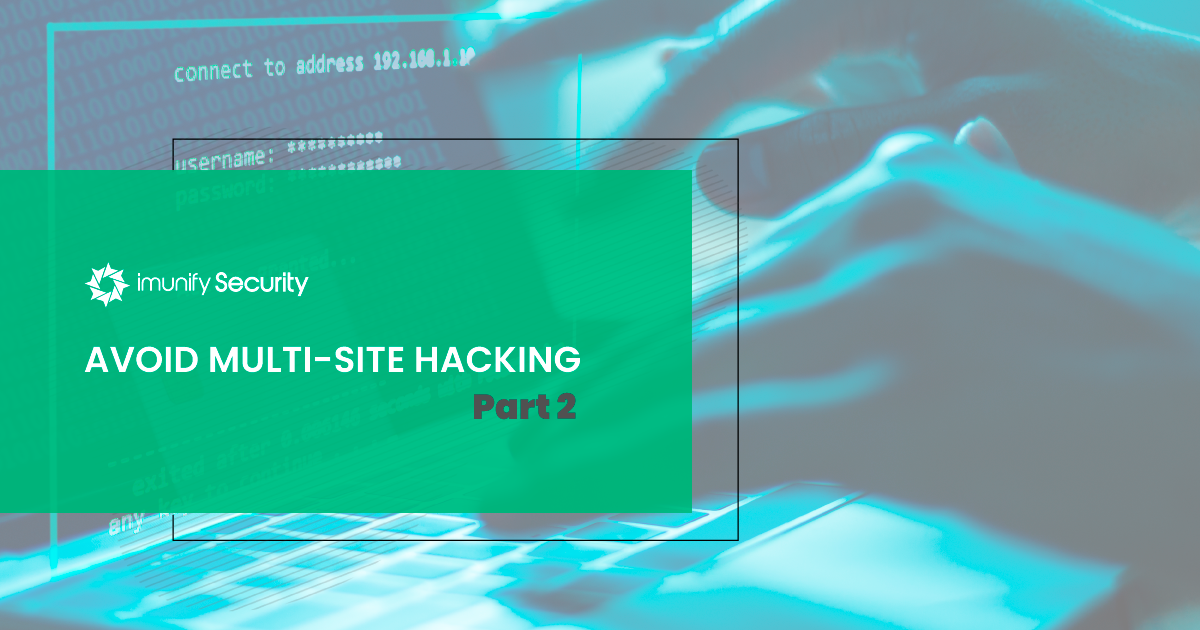
In Part 1, we looked at security isolation as a technical solution for preventing infections on one site spreading to neighboring sites in multi-site hosting systems. In Part 2, we'll consider other non-technical ways to beef up multi-site protection.
Running shared or VPS servers has risks. When one site is hacked, neighbors succumb shortly after. In this two-part article, I'll explain the risks in detail and what you can do to mitigate them.
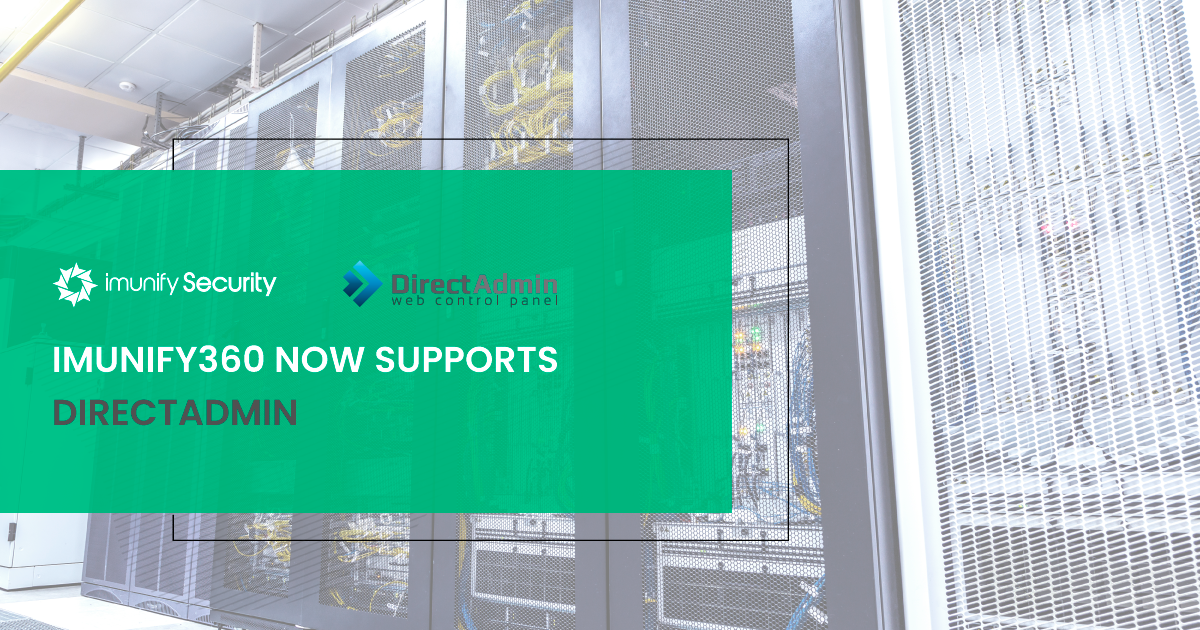
After much anticipation, and many requests from our customers, we are happy to announce Imunify360's (beta) support for the DirectAdmin Web hosting control panel. If you are using DirectAdmin, you can now secure your websites with Imunify360. In addition, read our DirectAdmin security guide to stay fully protected.
All Imunify360 features -- advanced firewall, malware scanning (antivirus), IDS/IPS protection, reputation management, and much more -- are now fully integrated into DirectAdmin. The Imunify360 dashboard allows you to quickly check on the overall state of your server security.

.png?width=115&height=115&name=pci-dss%20(1).png)
